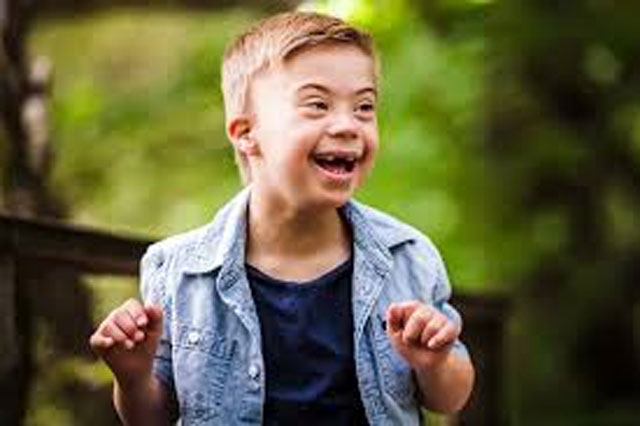Daijiworld Media Network - Mumbai
Mumbai, Oct 30: Down Syndrome, also known as Trisomy 21, is a genetic condition that occurs when a person is born with an extra copy of chromosome 21. This additional genetic material alters development, causing characteristic physical features, mild to moderate intellectual disability, and an increased risk of certain health issues. Yet, individuals with Down Syndrome continue to defy stereotypes, contributing meaningfully to society when given the right opportunities and support.
What causes down syndrome?
Down Syndrome is not caused by anything parents do or don’t do before or during pregnancy. It occurs purely due to a random genetic error during cell division. There are three types of Down Syndrome — Trisomy 21 (the most common form), Translocation, and Mosaicism.
While the likelihood increases with maternal age (especially after 35), it can occur in pregnancies of all ages. Prenatal screening and diagnostic tests help identify the condition before birth, allowing families to prepare and plan medical and educational support.

Health and development
People with Down Syndrome may experience certain medical challenges such as heart defects, vision and hearing problems, thyroid issues, and slower growth milestones. However, with advances in medical care, early interventions, and special education, life expectancy and quality of life have improved dramatically in recent decades.
Children with Down Syndrome benefit from early therapy programs — including speech, physical, and occupational therapy — that help them reach developmental milestones and enhance independence.
Education and inclusion
Modern education systems increasingly focus on inclusive classrooms, allowing children with Down Syndrome to learn alongside peers, promoting empathy and understanding. Many adults with Down Syndrome today hold jobs, pursue hobbies, and participate actively in their communities, proving that ability, not disability, defines a person’s worth.
Breaking the myths
Misconceptions still surround Down Syndrome — that people with the condition cannot learn, work, or lead fulfilling lives. These myths are being shattered worldwide by remarkable individuals who have become artists, athletes, entrepreneurs, and public speakers, inspiring millions.
World Down Syndrome Day: A call for acceptance
Celebrated every year on March 21 (3/21) — symbolizing the triplication of the 21st chromosome — World Down Syndrome Day raises awareness about inclusion, equal rights, and dignity. The day serves as a reminder that every life holds value and potential, regardless of differences.
A society of support and respect
Down Syndrome is not a limitation but a variation of human diversity. Families, educators, and communities play a vital role in nurturing acceptance and creating spaces where individuals with Down Syndrome can thrive. Compassion, patience, and equal opportunity remain the key pillars for building an inclusive society.
As awareness spreads, more people are realizing that those with Down Syndrome don’t need sympathy — they need support, understanding, and a fair chance to live their best lives.